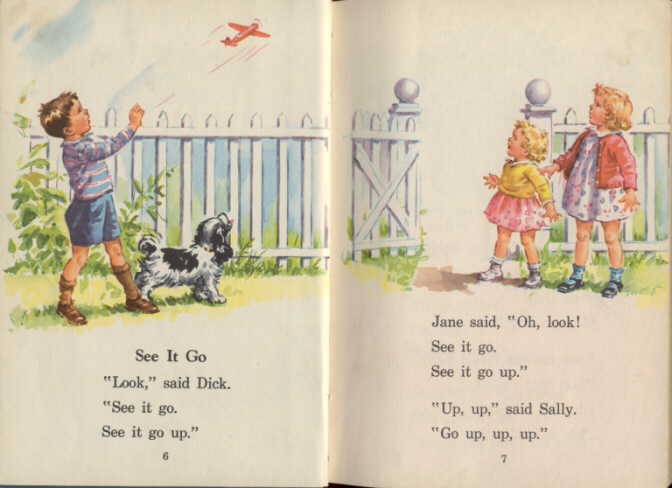Wednesday, October 7, 2015
The right incentive
In his memoir about his struggle learning to read, A Comedy & a Tragedy, Travis Hugh Culley tells how the breakthrough came when he became interested in acting in school productions. That meant memorizing lines in plays, which meant being able to read those lines. That gave him the incentive he needed. Before that, literacy just didn't seem important enough for him to make the effort.
I can recall a time in the third grade when my teacher asked me to tutor Mickey, a boy in the class who was far behind his classmates. I sat with Mickey at his desk, which was one of those with a top that opened up. When Mickey opened his desk, I saw it was filled with automotive magazines. Cars apparently were already his passion, but apparently he just looked at the pictures in those magazines because he struggled to read even the simplest Dick and Jane reader. Even as a third-grader I wondered if Mickey would have more success learning to read if those magazines were used as teaching aids.
Wouldn't the words in those magazines have been too difficult for a beginning reader? Maybe not. In her book It's All in a Word, Vivian Cook writes that by the time children begin learning to read, they are already using multi-syllable words in their speech. So including such words in their readers should not be unreasonable, providing the children are reading something that's interesting to them.
"The important thing is getting the child to see that reading and writing are communicating things like speech," Cook writes. "The words have to relate to interesting things to read about, not to sterile reading book sentences such as Look Spot and See Jane Run."
I learned to read using those Dick and Jane books, and I can still recall how bored I was by them. How much better it would have been to read about cowboys or dinosaurs.
Al Feldstein, former editor of Mad magazine, touched on this subject in an interview he did for the July 2000 edition of The Comics Journal. He said, "Well, I know that kids learn to read well with Mad. I used to get letters from English teachers, that they were using it in remedial reading classes, and in their own regular classes, because it was an easy way to get kids interested in learning syntax and construction. I think we did pretty good in that regard. In terms of writing fairly well."
It's a bit like Field of Dreams and that "if you build it, he will come" line. If you give children something they actually want to read, they will read.
Subscribe to:
Post Comments (Atom)

No comments:
Post a Comment